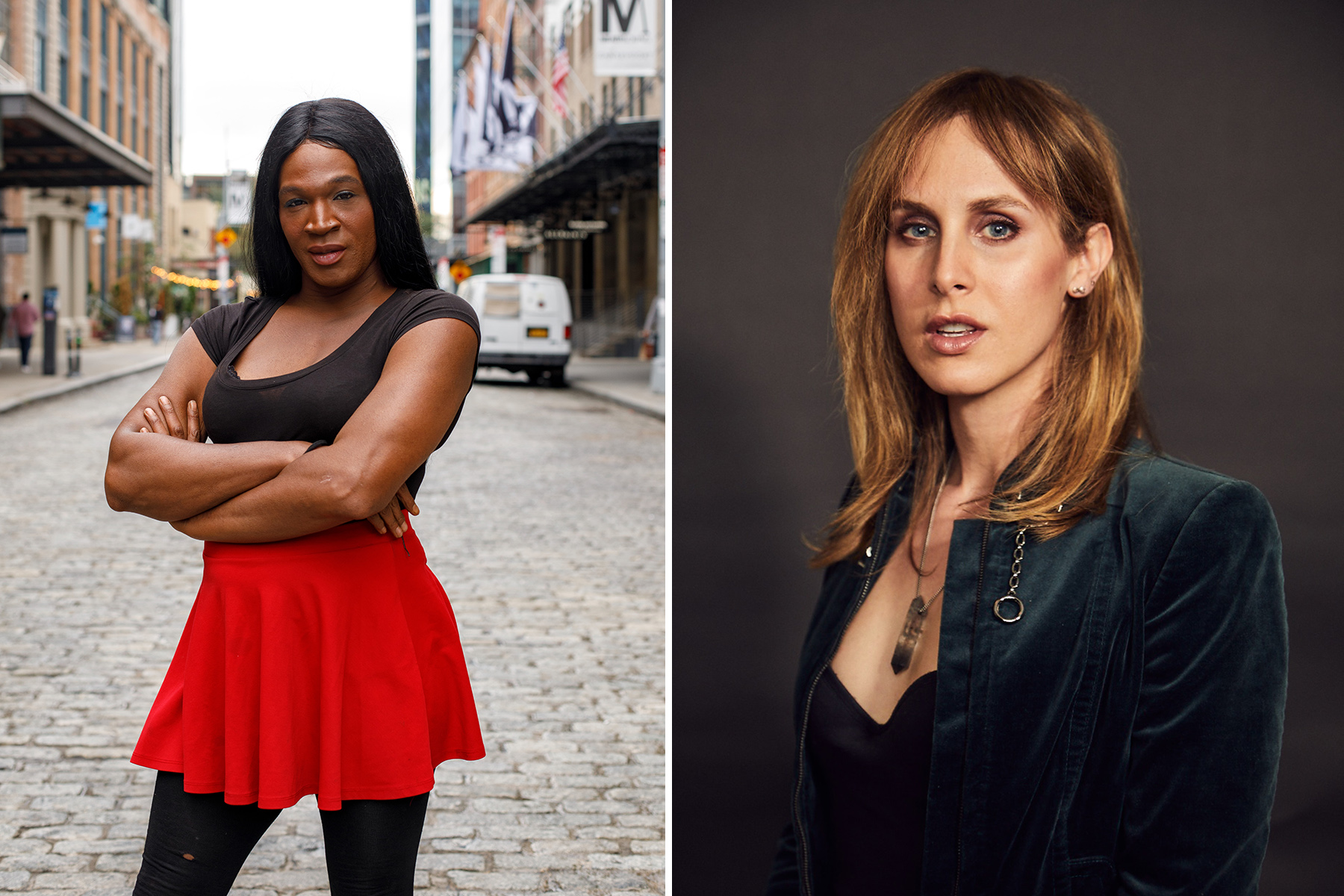The Life, the Light, and the Shadows: ‘The Stroll’

The world premiere of “The Stroll,” a documentary from directors Kristen Lovell and Zackary Drucker (“Transparent,” “The Lady and the Dale,” “Framing Agnes”) at the Sundance 2023 Film Festival offered festival goers an unforgettable experience of walking through New York City as way to acknowledge the trans experience over the last three decades of the twentieth century. “The Stroll” mixes the directors own on-the-street footage, photographs and narration with interviews to capture the essence of New York City’s iconic Meatpacking District as seen from the standpoint of transgender women of color who worked in and survived as sex workers to provide a history of the city that has been largely overlooked despite the contribution of these women to the city’s legacy and history.

“The Stroll,” which won a U.S. Documentary Special Jury Award: Clarity of Vision at Sundance, paints a vivid picture of the district’s past and present, from its humble beginnings as the part of the city where butchers and meat wholesalers worked to the space where a thriving industry of underground sex and BDSM clubs to the eventual gentrification of the section. Today the Meatpacking District is home to high-end retail stores, fancy restaurants, and newly established residential housing. The directors ingeniously weave these three periods together for a tale about the bonds formed between trans women to protect each other from police harassment and violence during Rudy Giuliani’s “quality of life” policies. By incorporating intimate stories with broader themes like community building and politics, “The Stroll” connects with viewers on multiple personal and political levels. As a result, we come away with profound insight into the power of resistance against an oppressive system while also understanding what it means to be part of a supportive trans family.
“The Stroll” is moving without being manipulative. Intimate visual and auditory details are part of a full accounting of the participants’ humanity that connects with the audience’s empathy through the director’s storytelling. The participants are presented as complex; their positive and negative attributes are on display throughout the film, which presents a nuanced view of the conflict between sex worker and a city administration fixated on creating a wholesome and clean New York City without ever becoming too circumspect on the topic—something that many documentaries struggle with when tackling similarly sensitive topics.

Lovell and Drucker have created a warm, familiar atmosphere among the women that emanates from the screen to the audience. It is clear in the footage that the filmmakers put in the effort to ensure the safety and comfort of each participant. This allows the women to open up and tell their stories as accurately and comprehensively as possible. However, “The Stroll” extends beyond chronicling the past; the film explores the strength and solace of a community that has faced hardship and adversity yet thrives today as a community of healing. Through its presentation of these women the movie becomes a testimony to what happens when the media empowers voices from the past to show the current generations how we got to where we are.
“The Stroll” is an invaluable contribution to queer history. With its unflinching portrait of trans life that includes moments of joyous freedom and heartbreaking despair, the film shows the audience that strength lies not only in our own stories but also in the collective telling of those stories. The film teaches us that despite hardships that include heavy policing, violence both threatened and realized, and mass gentrification, these women will not be, nor should they be, silenced or forgotten. Instead, “The Stroll” serves as a wake-up call that transgender women should never feel like second-class citizens or invisible because they have always been here—working hard and fighting for our rights every day—and their stories deserve to be told.
This documentary dives into questions surrounding power dynamics within marginalized communities, how privilege functions along race lines, and what must be done so that no group is left behind as society evolves around them. Lovell and Drucker’s work is truly a testament to the power of cinema to illuminate untold stories.
“The Stroll” showcases the beauty, strength, and complexity of the transgender community. It is an ode to the transgender women of color who had a hand in either creating a space in the modern-day New York City. “The Stroll” reminds us how much of New York was shaped by its most vulnerable citizens, and it does so with their own words and stories. Every frame radiates with emotion, from the protagonists’ resilience in the face of discrimination to the dynamic soundscape, which illustrates the district’s bustling nightlife in its heyday, down to the click-clacking of heels against cobblestones.
